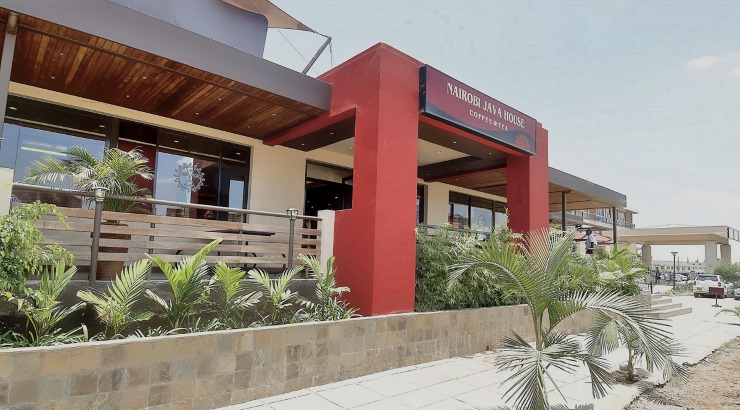Industry News
Why Convenience Malls Are the Future of Shopping
The facilities are “easy to plan, build and require less capital” than ordinary malls.

As many shopping malls continue to struggle in the wake of the current oversupply in the local retail space, convenience stores are being flaunted as the future of shopping in the country.
According to private equity fund Fusion Capital, the facilities are better suited to cater to the Kenyan shopper who is now foregoing weekly shopping trips in favour of daily shopping.
Convenience stores – popular in the US and Europe – usually consist of a store with a small anchor tenant and a maximum of ten complementing shops that sell a limited selection of food and household products and are open until late for the convenience of shoppers.
These facilities are mostly set up as part of petrol stations – allowing customers to shop conveniently while fuelling their vehicles. They may also be located alongside a busy highway, near a railway station or any other transport hub.
In its September Fusion African Monitor report, Fusion Capital urged developers to capitalise on the need for convenient retail space – which is “easy to plan, build and require less capital” than ordinary shopping malls.
“They also have lower electricity costs, maintenance costs, rates and taxes and require less labour allowing rents to be lower and savings to be passed down to clients,” the report said.
RELATED: Nairobi’s Empty Shopping Malls Echo a Sad Retail Story
Although sales data for local convenience sales is not readily available, the market segment is booming worldwide according to studies conducted in many of the developed countries.
US convenience stores transacted a record Sh14 trillion last year, according to Nielsen Corporation, which tracks actual sales at these facilities.
The global marketing research firm recently revealed that the number of convenience stores in the States has grown to more than 154,500 – a growth that is in contrast to malls that are shutting down at alarming rates.














